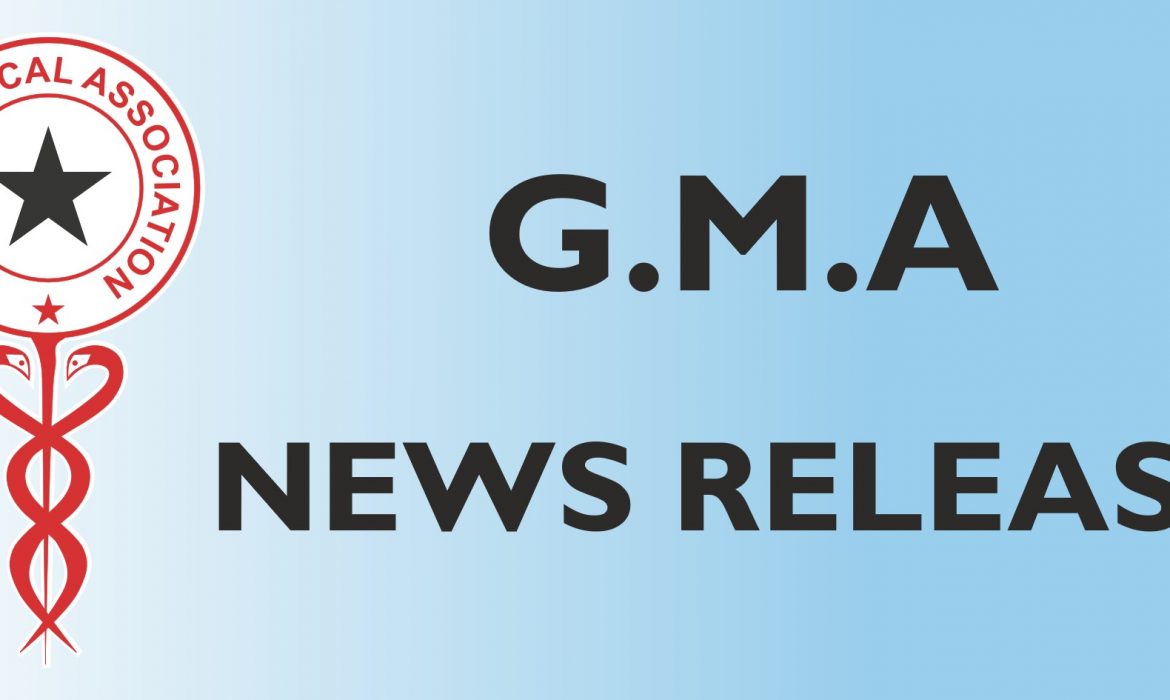Minister of Health Kwaku Agyemang-Manu has assured service providers of the National Health Insurance Authority (NHIA) that government is working assiduously to pay claims owed them.
According to the minister, settling the debts that the NHIA owes service providers is a top priority for government and the Health Ministry.
The NHIA owes health service providers under the National Health Insurance Scheme (NHIS) claims for the past seven months due to untimely release of funds to the NHIA.
The delay in the release of the funds has led to some facilities reverting to the cash-and-carry system.
However, Mr Agyemang-Manu stated that claims will be paid within the shortest possible time, adding that most health facilities have received their April 2016 claims as government works to pay that of May to October last year.
“The president has charged the Finance and Health Ministries to regularise disbursement of funds to the NHIA… let me assure you that every month I will get something,” he said.
He was speaking at the 2017 Ghana Health Service (GHS) senior management meeting and dashboard and improved cause of death statistics workshop themed: ‘transforming from MDGs to SDGs: the vital role of measurement for impact’.
Improved Cost of Death Statistics
The District Health Information Management System (DHIMS) of the Ghana Health Service deployed in 2012 to capture health data has revealed that only 25 percent of cause of deaths in health facilities is recorded.
Thus, in order to improve the health service data collection, including cause of death (COD) statistics, the GHS launched the DHIMS2 which is operational in 216 districts.
The service has moved a step further to create a new COD data to be a new medical COD certificate aligned to international standards.
Mr Agyemang-Manu, unveiling the new statistics, lamented the low record of COD in the country and urged the authorities involved to scale up their activities, especially with the introduction of the newly-improved COD statistics.
Casual Workers
The health minister also used the platform to warn against the engagement of casual staff beyond six months as stipulated by the labour law.
He, thus, advised the heads of the various institutions to regularise the workers under that category with the GHS or discontinue their engagement in order to avoid any unfortunate incidence.
“I have directed the chef director that people employed as casual worker should cease immediately because the dangers have manifested in other facility,” he said.
The Director General of the Ghana Health Service, Dr Anthony Nsiah-Asare, in his remarks, laid emphasis on leveraging ICT in the health sector.
“I will provide leadership for sustainable ICT to improve quality healthcare and strengthen the system for data governance and decision making. We will, therefore, employ Tele-nursing and mobile Medicare to provide services, especially in rural areas,” he said.
Dr Nsiah-Asare also mentioned that district hospitals, in collaboration with teaching hospitals, will have consultants upon arrangements to help medical practitioners gain practical experience from specialist.
He later called on development partners who want to assist to support the initiatives.
By Jamila Akweley Okertchiri



